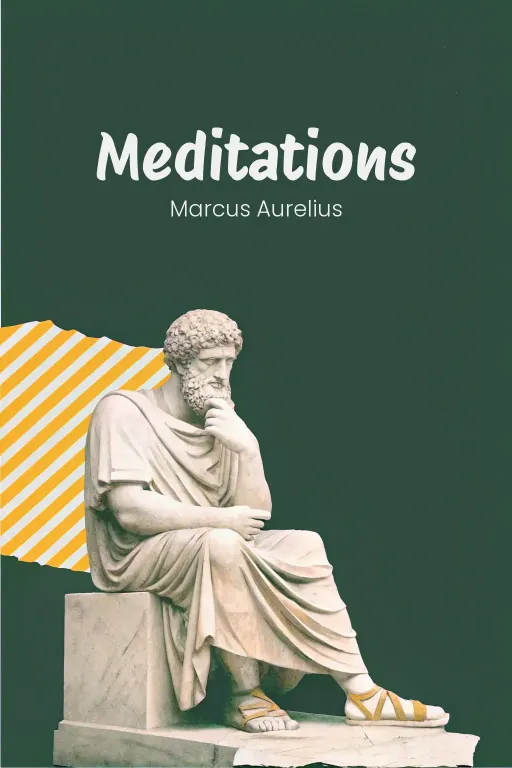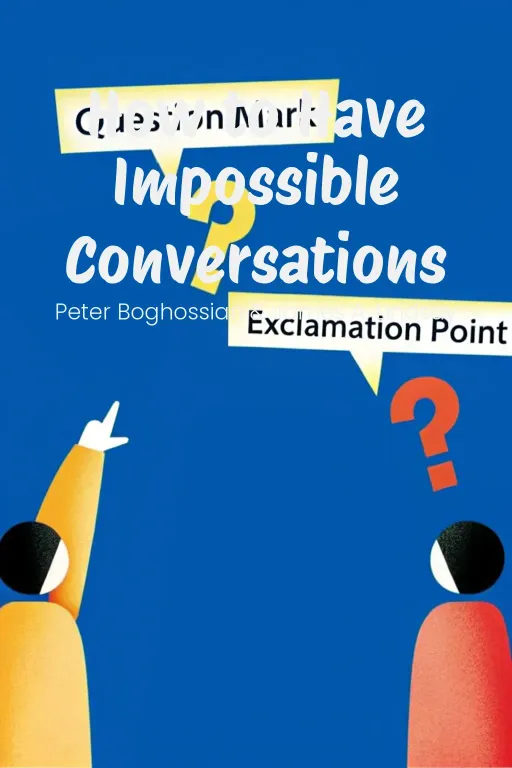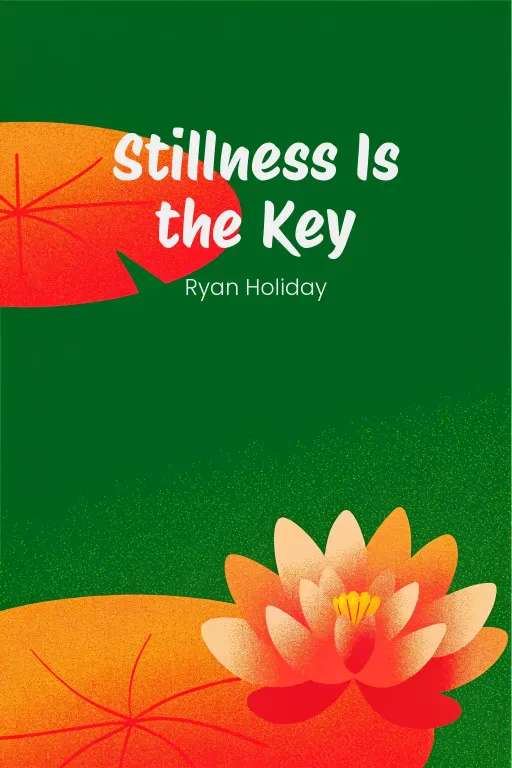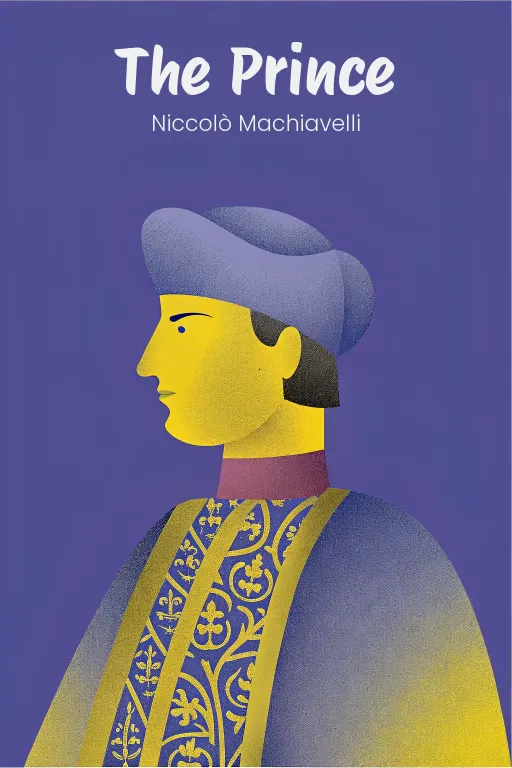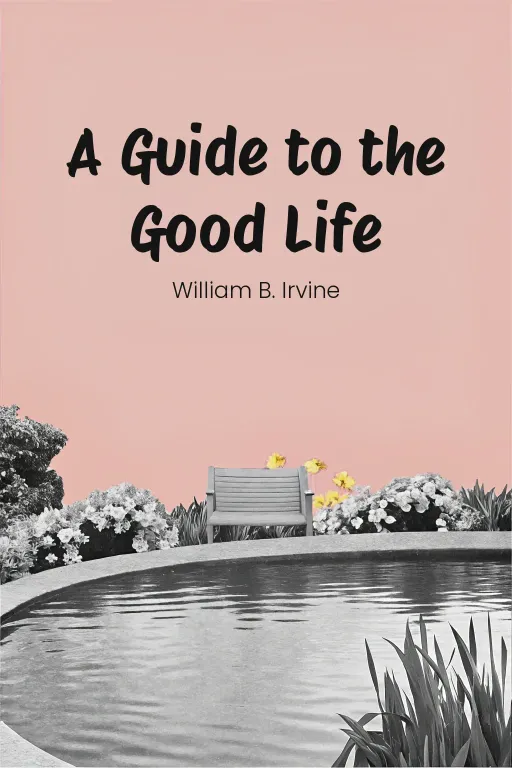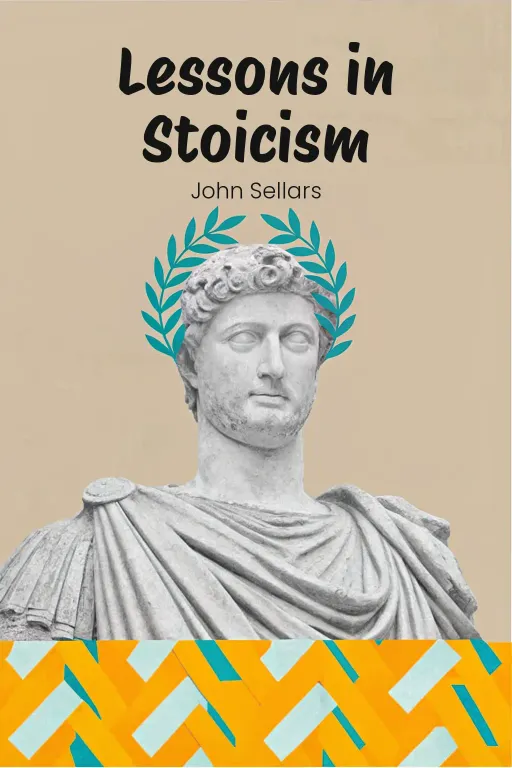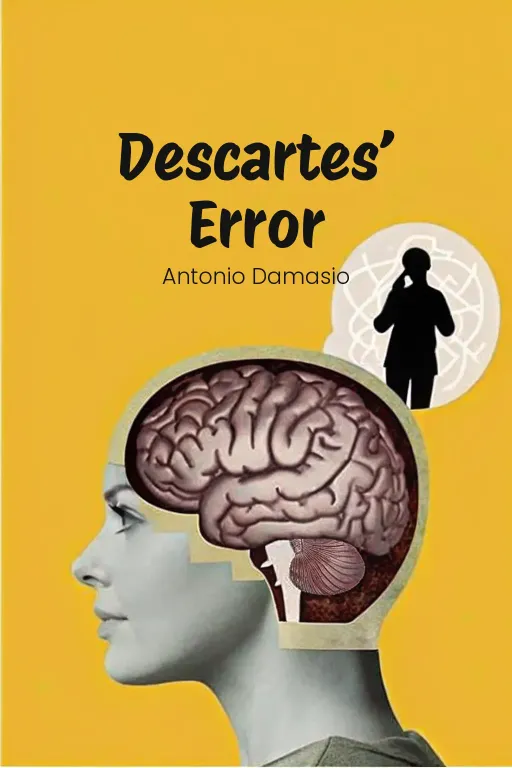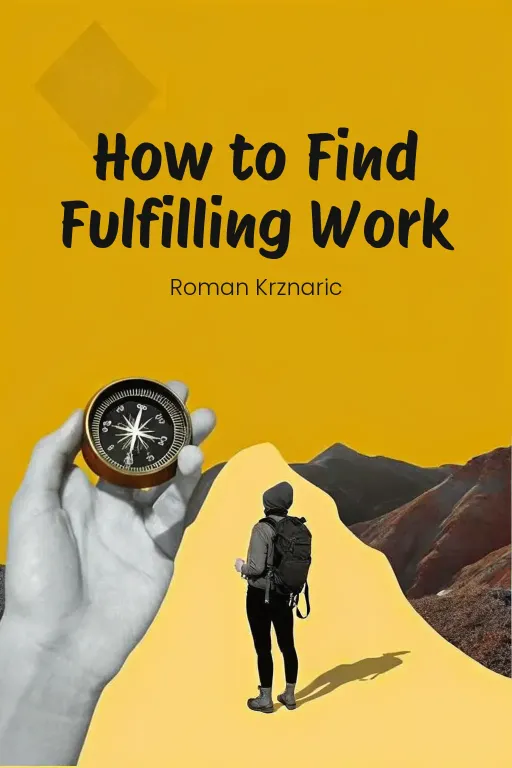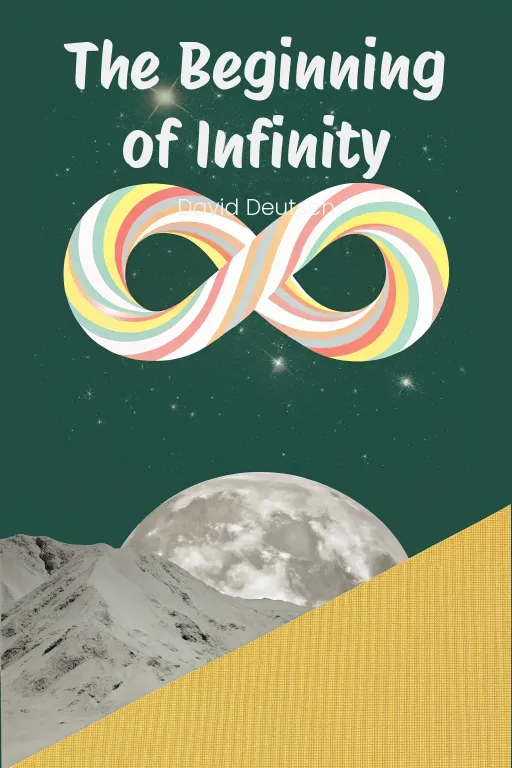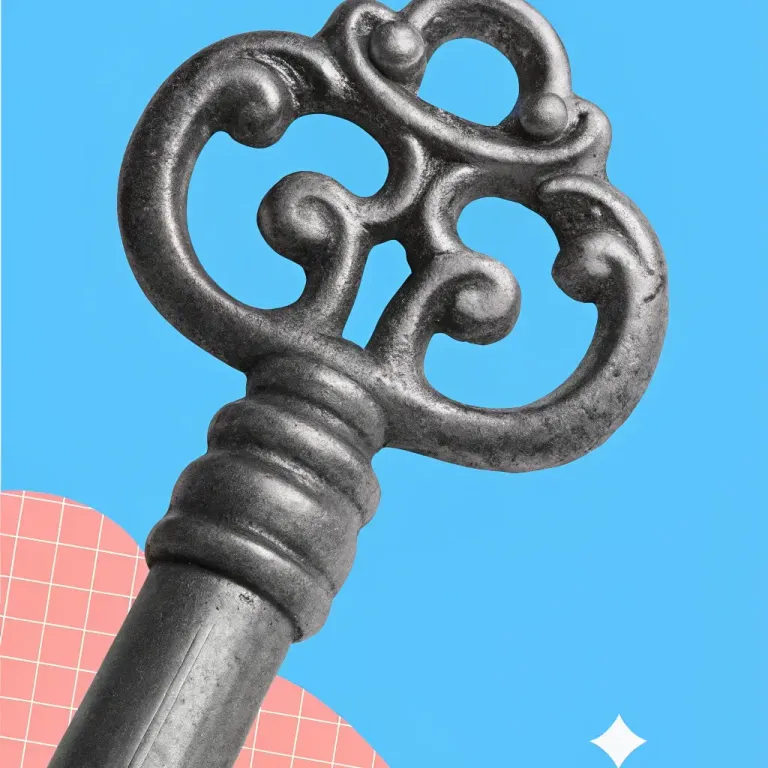
Forge Your Meaning: An Existential Toolkit
Podcast by The Mindful Minute with Autumn and Rachel
An Existentialist Approach to Life
Introduction
Part 1
Autumn: Imagine this: you're at a crossroads, right? Totally swamped by choices, and you're just not sure which way to go. Or maybe you're even second-guessing the whole point of the journey itself. What if I told you there's a whole philosophy that not only accepts these uncertain moments but actually sees them as key to what it means to be alive? Rachel: Existentialism, huh? So, “What am I even doing with my life?” becomes less of a meltdown and more of... well, a chance to re-evaluate? Unless, of course, you start asking, “But what if all the choices suck?” Autumn: That's where Jennifer Anna Gosetti-Ferencei's On Being and Becoming: An Existentialist Approach to Life comes into play. It really digs into existentialism, showing it's not just these huge, abstract concepts, but really a roadmap for how to live. Through thinkers like Kierkegaard, Nietzsche, Sartre, and Beauvoir, it looks at how we find meaning, handle freedom, and stay true to ourselves, even when the world pushes back. Rachel: So, it's not just about sitting around in some coffee shop, complaining about how meaningless everything is? Autumn: Exactly! It's about getting that life's messy, and then choosing to jump in anyway. Taking ownership of what you decide, finding ways to be creative in the middle of the chaos, and making solid connections with people. Rachel: Okay, so today we're diving into three big things the book brings up. First, the basics: freedom and being authentic—that whole "what makes you you?" kind of deal. Autumn: Second, the tricky part: How do we stay true to who we are while dealing with all the pressures society throws at us? Rachel: And last, my favorite: how our creativity and how we relate to other people become almost like rebellious, happy ways to create meaning when life gets tough. Autumn: So think of us today as your guides as we walk through one of philosophy's most human and life-changing schools of thought. Ready to jump in? Rachel: Absolutely, let's do it.
The Foundations of Existentialism
Part 2
Autumn: Okay, Rachel, great intro! Before we dive into societal pressures and creative rebellion, let’s set the stage with some existentialism 101, shall we? We're talking Sartre's "existence precedes essence," Kierkegaard’s focus on authenticity, and Nietzsche's "will to power." You know, the core ideas. Rachel: Sounds good, Autumn. Let's start with Sartre’s famous line. "Existence precedes essence"—it’s catchy, but what does it really mean? Autumn: Right, so imagine this: Sartre's arguing that we’re not born with a pre-set purpose or nature. We're not like, say, a hammer, which is made to hit nails. Instead, we show up as blank slates. It's through our choices and actions that we actually create who we are. Rachel: Ah, so no divine plan, no instruction manual. So instead of wondering "What am I supposed to do?", it’s more like "What kind of person am I actively becoming?" Autumn: Exactly. And Sartre believed this freedom to define ourselves is both empowering and, well, terrifying. Because every choice counts. Without universal rules, we’re, as he put it, "condemned to be free." Rachel: And that freedom leads to anxiety, doesn't it? I'm thinking of the student Sartre described during World War II. Torn between caring for his mother and joining the Resistance. No code of ethics is going to solve that one. Autumn: Precisely. That story highlights how freedom forces excruciatingly personal choices, right? Both paths had meaning, but he had to take ownership, weigh the consequences, and make the call. Rachel: I get it, but this radical freedom, doesn’t it kind of ignore the fact that some people have very few options to begin with? I mean, at least that guy had a choice. Not everyone does. Autumn: Fair point, Rachel. But Sartre would probably say that, even within constraints, how we choose to respond still matters. It's about aligning your choices with your values, instead of just blindly giving in to external forces or acting like you have no agency. Rachel: Okay. And that's where Kierkegaard comes in, right? How do you stay true to yourself when the world is constantly trying to mold you into something else? Autumn: Exactly. Kierkegaard was really focused on the battle between authentic living and, you know, just going along with the crowd. He thought living authentically meant looking inward and aligning with your "true self," not just following social norms or your family’s expectations. Rachel: And he uses the story of Abraham and Isaac in Fear and Trembling, right? That's a pretty intense example. Autumn: It is intense! Kierkegaard uses Abraham as a "knight of faith" to show what authentic living looks like. Obeying God's command to sacrifice his son defied social norms and ethics, yet he saw it as a deeply personal act of faith that went beyond conventional morality. Rachel: Hold on. So, living authentically could mean making completely irrational choices? Isn’t that a bit, um, dangerous? Autumn: Well, Kierkegaard wasn’t suggesting recklessness. For him, authenticity often meant navigating paradoxes—acting in ways that might confuse others but are rooted in your core convictions. It's a subjective truth, acknowledging the uncertainties of life and choosing meaningful action nonetheless. Rachel: Okay, so, authenticity isn’t just about randomly rebelling. It's about living out your personal commitments, even when they’re difficult or others don’t understand them. Autumn: Exactly. But that's tough, right? It’s easier to just follow the crowd or avoid making decisions. And that’s where Nietzsche’s critique of conformity comes in. Rachel: Ah, Nietzsche, the "superman" guy. Autumn: The Übermensch, yes. Nietzsche believed that traditional moral systems—what he called the "slave morality"—prevent people from reaching their real potential by fostering guilt and resentment. On the other hand, the Übermensch breaks free, creates their own values and says "yes" to life, even with all its chaos. Rachel: But isn't this whole “Übermensch” thing just a recipe for narcissism? I mean, doesn’t being all about individuality and rejecting the herd just give people an excuse to be selfish or harmful? Autumn: That's a common criticism, yeah, but Nietzsche’s Übermensch isn’t just about self-indulgence. It’s about self-overcoming—creating a philosophy that really embraces all of existence, suffering included. And he gives us tools – like the thought experiment of eternal recurrence. Rachel: Oh, the one where you have to imagine reliving your life over and over again, forever. Sounds like a blast. Autumn: Well, it's not meant to be fun, Rachel! Nietzsche is asking, would you embrace your life as it is, with all the good, bad, and the ugly? Would you affirm it all, or would the thought of reliving it forever fill you with dread? Rachel: So, it’s like a reality check. If eternal recurrence makes you cringe, maybe it’s time for a change. Autumn: Exactly. Nietzsche wants us to live in a way that makes every moment worth affirming, even when things get tough. Rachel: That’s a tall order. Still, I see the point—existentialist freedom isn’t just about breaking free of limitations. It's about using that freedom to create something meaningful, even when it’s not handed to you on a silver platter. Autumn: Precisely, and this is why existentialism is still so relevant! Understanding these core principles of freedom, authenticity, and self-creation helps us really examine how these concepts show up in our daily lives.
Freedom and Responsibility in Everyday Life
Part 3
Autumn: Exactly. So, with that foundational understanding in place, let’s dive into how these principles play out in our personal lives, and, you know, in society as a whole. Rachel: Right. So, we're talking about taking these big philosophical ideas and seeing how they actually work on a day-to-day basis—how they affect the choices we make and the way we live, right? Autumn: Precisely. This is really where existentialism gets interesting and, frankly, a little challenging. A core question is: How do we apply this idea of radical freedom to the everyday? How do we navigate choices and behaviors, especially when we're up against societal pressures or moral dilemmas? Rachel: Okay, so it's not just about pondering freedom in an armchair, but about grappling with that tension between being free agents and, well, living in a world that's pretty much covered in rules and limitations, yeah? Autumn: Exactly. And that tension is really at the heart of existentialist thinking. Sartre, pretty famously, talks about "radical freedom," and that's both empowering and, let’s face it, a bit of a burden. You're completely free to choose—there's no grand plan or social script that dictates everything—but that also means you're totally responsible for the consequences. Rachel: Alright, let's unpack that a little. This “radical freedom” of Sartre’s sounds great, in theory, but… it’s also kind of terrifying, isn’t it? I mean, is that why people often cling to structure – religion, government, even just corporate hierarchies? To kind of offload responsibility? Autumn: Exactly, Rachel. Sartre actually talks about people retreating into what he calls “bad faith.” That’s basically where we deny our own freedom by giving in to roles or expectations imposed on us. A classic example is his famous description of the café waiter in Being and Nothingness. Rachel: Ah, yes, that overly-attentive waiter, arranging napkins with excessive precision, bowing way too deeply... He's basically a walking, talking stereotype, right? Autumn: Precisely. Sartre uses him to show how we can reduce ourselves to nothing more than the role we play, convincing ourselves that we don't have the freedom to step outside it. Instead of embracing authentic self-expression, the waiter becomes, as Sartre puts it, a "contingent block of identity," defined by societal norms. Rachel: But hang on a sec—does the waiter really have a choice? Maybe playing that role is just how he keeps his job. Wouldn't showing too much personality get him fired? It’s a dynamic you see everywhere, from retail workers to teachers. Being “authentic” isn’t always that simple. Autumn: And it's not simple, you're right. Sartre's not saying that these real-world pressures don't exist. He's suggesting that, even within those constraints, there's still room to express your freedom—to find creative ways to engage. So, the waiter might infuse his job with aspects of his own values, instead of just robotically following the script society’s handed him. Rachel: Okay, so it's not about quitting your job and becoming a free spirit, but figuring out how to be yourself within it. I get that. But still, Sartre's focus is largely on individual choice. What about broader things, like race and gender, where certain groups are actively denied the freedoms that others take for granted? Does existentialism kind of hit a wall when it comes to systemic issues? Autumn: And that’s a really important critique. That's where thinkers like Simone de Beauvoir and Frantz Fanon broaden the existentialist perspective. They argue that freedom and responsibility need to also take into account the societal structures that limit or even distort our sense of agency. Let’s start with Beauvoir and her study of gender roles in The Second Sex. Rachel: Right, so Beauvoir famously argued that women have historically been defined as "the Other"— as sort of a counterpoint to what men are, instead of as independent beings. Like always being cast in a role that you didn't even audition for. Autumn: Exactly. One of her key points is that these societal myths about femininity trap women in really restrictive boxes, like, you know, caregivers or pretty objects. These roles often strip them of the freedom to become their authentic selves. Think about a woman trying to build a career in a male-dominated field like engineering. She's not just tackling the job itself, but also societal biases that might try to discourage her for stepping outside those pre-set gender roles. Rachel: So, for Beauvoir, existentialism isn’t just about making personal choices; it’s about dismantling the societal myths that block people from being free. And those myths aren't just gender-specific, either. That's where Fanon takes things into race theory, right? Autumn: Precisely. In Black Skin, White Masks, Fanon explores how systemic racism creates a fractured sense of identity. He introduces this idea of “double consciousness,” where people are forced to see themselves not just through their own eyes, but also through the prejudiced lens of the dominant culture. Rachel: Yeah, he gives this really tough example about walking down the street and a white child reacting with fear, yelling, "Look, a Negro!" Fanon said that, in that instant, he felt reduced – not to who he was as a person, but just to a stereotype imposed by racism. That’s pretty heavy. Autumn: It is incredibly heavy. And for Fanon, that experience shows how these structures can dehumanize individuals, limiting their ability to claim their freedom. He argues that creating a free society actually means tearing down those structures, not just working as individuals to rise above them. Rachel: Right, so Sartre gives us this “radical freedom” idea; Beauvoir brings us back to reality by showing how societal ideas can box that freedom in; and Fanon demands that we take collective responsibility to tear down those boxes. It's all connected, but, uh, where does that leave us in our actual, day-to-day lives? Autumn: Well, in day-to-day life, it starts with recognizing where you're genuinely free and where systemic issues might be holding you back. Practically, that means thinking about your actions and your motivations, questioning narratives that keep you in a box, and actively supporting liberation efforts for others—through, you know, allyship, advocacy, or even just simple solidarity. Rachel: Got it. Okay, so true existential freedom isn't just some personal journey – it’s also an ethical responsibility towards society. And, well, if you aren’t thinking about how your freedom impacts others, are you really free at all?
Creativity and Relationships as Existential Practices
Part 4
Autumn: So, Rachel, all this navigating between doing our own thing and dealing with what the world throws at us... that leads us right into how creativity and relationships fit into the whole existential picture. Rachel: Exactly. I mean, if we've already said that life's about making choices and owning them, then diving into creativity and relationships is like taking existentialism to the next level. It's about figuring out how we connect with the world, not just as individuals, but together, you know? Autumn: Right. It's about building, connecting, and finding meaning, not just on our own, but with others. Rachel: So, the real question isn't just, "What am I doing with my life?" but, like, "How does my life bump up against everyone else's? And how do I turn all this chaos into something that actually matters?" Autumn: Exactly! So, let's talk creativity first, right? Think about Nietzsche, for example. He saw life almost as a work of art. Rachel: Nietzsche, yeah, the guy who made improving yourself sound like some grand artistic quest. Didn’t he call it something like, "giving your character a sense of style"? Autumn: That's it! He thought life, with all its ups and downs, was like a blank canvas. Instead of just taking values that society hands us, he said we should "style" our lives. Make our own values, decide who we want to be, all through our choices, right? Rachel: Right, and this connects to that whole eternal recurrence thing, doesn't it? Imagine having to relive your life, every awkward moment and all... Autumn: Exactly! Nietzsche's saying, would you be okay with living your life—every messy bit and every win—over and over? It's a challenge to live authentically. Instead of hiding from the tough stuff, make choices you could stand by forever. Rachel: Okay, but how many people really think of life that way? I mean, most of us aren't waking up thinking we're Michelangelo or something. Autumn: True! And Nietzsche's not saying we all need to be artists with a capital A. He's saying we should live with intention, make every choice count towards a bigger picture. Instead of seeing struggles as just roadblocks, see them as material to work with, right? Rachel: So, instead of avoiding the hard stuff, we see it as a chance to build something bigger, add some texture to the canvas? Autumn: Exactly! Nietzsche's approach takes guts. It's about embracing the chaos and turning it into something meaningful. Rachel: Okay, that sounds great in theory, but what kind of tools are we talking about here? I mean, it’s easy to talk about life as art, but how do you actually do that, day to day? Autumn: Well, a few things stand out. First, think about what really drives you, then line up your actions with those passions and values. Second, don't see problems as just roadblocks. See them as raw material to challenge and grow from. Lastly, rethink what "perfect" means. Life's imperfections are like the textures in a painting, they add depth and character. Rachel: Okay, I’m on board with the creativity thing. But what about relationships? Things get messy when other people are involved. How does existentialism handle that? Autumn: Exactly! It acknowledges the mess. Existentialism sees real relationships as masterpieces we create together. They're always changing, and they take real intention. Rachel: Masterpieces we create together? I like that. But what does it actually mean? Autumn: Think about Gabriel Rachelel's idea of "creative fidelity." He thought real relationships need more than just liking someone or doing your duty. It's about always trying to find and understand each other's truths. It takes being open and vulnerable. Rachel: So, it's not like some movie where you're "meant to be" and everything just falls into place? Autumn: Not at all. Rachelel sees love like art. It takes work, thought, and a willingness to build something meaningful together. It’s being truly "present" with someone, really paying attention to who they are. Rachel: Let me guess, when he says "essence," he's not talking about whether someone likes pineapple on pizza or what they watch on Netflix. Autumn: Deeper than that, though those things matter too! Rachelel's talking about really getting someone's experience, their vulnerabilities, their dreams. You can only see that if you're really there, paying attention to the relationship. Rachel: And when he says "creative fidelity," he doesn't mean just blindly sticking around no matter what, right? It's about growing together, dealing with life throwing curveballs. Autumn: Right. Rachelel knows life and relationships are full of contradictions. But if you keep trying to create meaning together – even when it’s hard – the relationship becomes something transformative. Rachel: Okay, but what happens when life really hits hard? Crisis, loss, suffering… doesn’t that just take over and push aside creativity and connection? Autumn: It definitely makes it harder! But existentialists like Rainer Maria Rilke argue that suffering can actually make our creativity and relationships deeper, if we approach it right. Rachel: Rilke – isn’t he the guy who wrote those intense Letters to a Young Poet? What’s his take on suffering? Autumn: Rilke sees suffering as this major teacher, something key to being human. He thinks we shouldn't just put up with it, but actually embrace it as part of who we're becoming. Think of a fruit: it’s only sweet because of everything it goes through – blooming, ripening, even decaying. Rachel: So, we’re not supposed to ignore sadness or tragedy, but bring it into the conversation with the rest of our lives? Autumn: Exactly. Rilke suggests that by turning pain into something creative or connecting with someone over it—whether through writing, art, or just being vulnerable—we find more meaning in our struggles and our relationships. Rachel: And that's where it all comes together, doesn't it? Creativity isn't just about painting or writing music, it's about how we live. Relating to others for real, especially when things are tough, becomes part of that creative process. Autumn: Right! It’s about committing to expressing ourselves and connecting with others. Through creativity and relationships, we engage with life, creating meaning out of everything, the good and the bad. Rachel: So, existentialism isn't just some brainy exercise. It's a call to live fully—to create with courage, connect with intention, and even let our suffering teach us something about being human. Autumn: Exactly, Rachel. It’s about embracing everything – freedom, chaos, joy, and connection – and turning it into a life that means something.
Conclusion
Part 5
Autumn: Wow, Rachel, what a ride it's been. From Sartre's whole freedom concept to Beauvoir's takedown of societal expectations, and then Nietzsche's "life as art" vision, plus Rachelel and Rilke highlighting connection and creativity. We've really dug into how existentialism pushes us to be real in a world that often… doesn't want us to. Rachel: Right, Autumn. And it's not just about, you know, moping around about how meaningless everything is, or ditching traditions just to be edgy. It's more about stepping up. Taking ownership of what we decide, grappling with tough stuff, and crafting a sense of meaning that really clicks with who we are and the world we live in. Autumn: Precisely. Existentialism is like a reminder that, even when things feel totally chaotic, we still have the freedom—and the duty—to not just survive, but to actually create. Whether it's crafting the lives we want or connecting honestly with people, every choice we make is a chance to inject meaning into everything. Rachel: Okay, so here's the thing to think about: what are you building with your freedom? I mean, your choices, your relationships, even your struggles? Are you living in a way that, if you had to do it all again, you'd say, "Yeah, that was me"? Autumn: That’s a really powerful question to reflect on. And just remember: meaning isn’t something you stumble upon; it’s something you actively bring into being. So keep creating, keep reaching out, and keep evolving.
